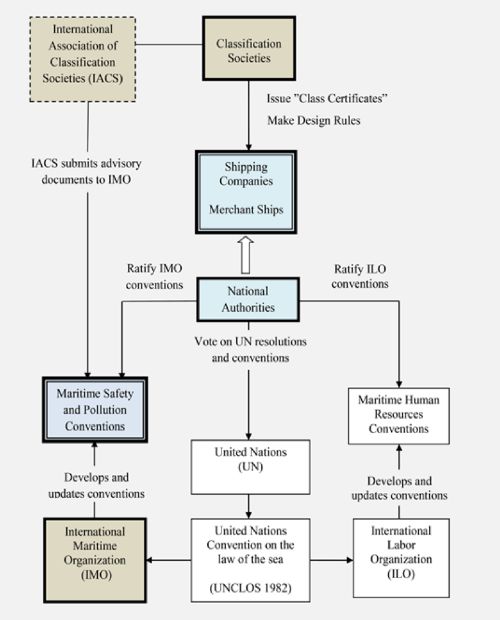Sustainability
Sustainability is a broad term that describes managing resources without depleting them for future generations, whereas
sustainable development describes the processes for improving long-term economic well-being and quality of life without
compromising future generations’ ability to meet their needs.
This concept of sustainability goes beyond environmental sustainability only, which concerns earth’s natural resources, to include
economic and social sustainability, which relate to meeting people’s current economic and social needs without compromising
future generations. Thus, it encompasses a tribble support by economic, environmental, and social sustainability:
- Economic sustainability canters on the idea of an efficient and responsible use of resources that leads to long-term profitability
by transitioning to a sustainable business to improve the chances of operating over the long term.
- Environmental sustainability means reducing carbon footprints, waste, and water usage while maximizing energy efficiency to
provide both environmental and financial benefits, and show responsiveness to community opinion.
- Social sustainability focuses on the interrelationship of systems and processes that support the creation of healthy and
liveable communities that can sustain themselves.
Sustainability can only be achieved when economic, environmental, and social are addressed together.
Integrating sustainability and sustainable development is fundamental to designing effective short- and long-term strategies, including sustainability problems related to climate change and United Nations sustainable development goals.
United Nations Sustainable Development Goals
The United Nations (UN) is an international organization founded in 1945. Currently made up of 193 Member States, the UN and its work are guided by the purposes and principles contained in its founding Charter. The UN has evolved over the years to keep pace with a rapidly changing world. But one thing has stayed the same: it remains the one place on Earth where all the world’s nations can gather together, discuss common problems, and find shared solutions that benefit all of humanity.
In 2015, 193 countries adopted the 2030 Agenda for Sustainable Development and its 17
Sustainable Development Goals (SDGs). UN Sustainable Development Goals
encompasses 17 goals to transform our world. The Sustainable Development Goals are a call for action
by all countries - poor, rich and middle-income - to promote prosperity while protecting the planet.
IMO – the International Maritime Organization – is the United Nations specialized agency with responsibility for the safety and security of shipping and the prevention of marine and atmospheric pollution by ships. As part of the United Nations family, IMO is actively working towards the 2030 Agenda for Sustainable Development and the associated SDGs.
Indeed, most of the elements of the 2030 Agenda will only be realized with a sustainable transport sector supporting world trade and facilitating global economy. IMO’s Technical Cooperation Committee has formally approved linkages between the Organization’s technical assistance work and the SDGs.
The Figure below illustrates an outline of the international regulatory system for safety and environmental compliance,
including economic, environmental, and social sustainability.

In addition, the member countries of the IMO, have their own national authorities or governmental agency concerned with maritime safety,
which draft and enforces the shipping legislation of that country.
The Figure below illustrates member states in role as flag state or coastal state as maritime authority.
